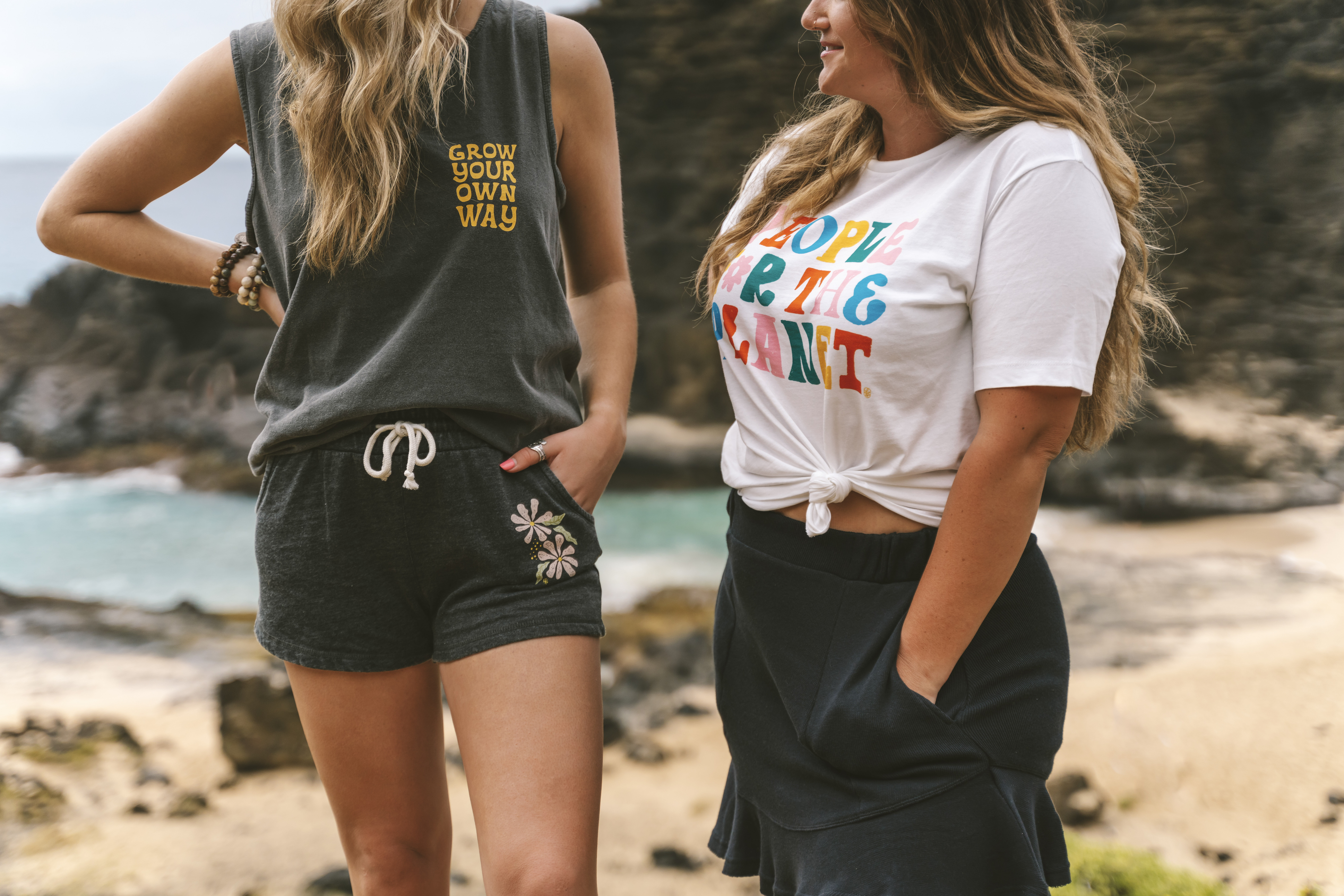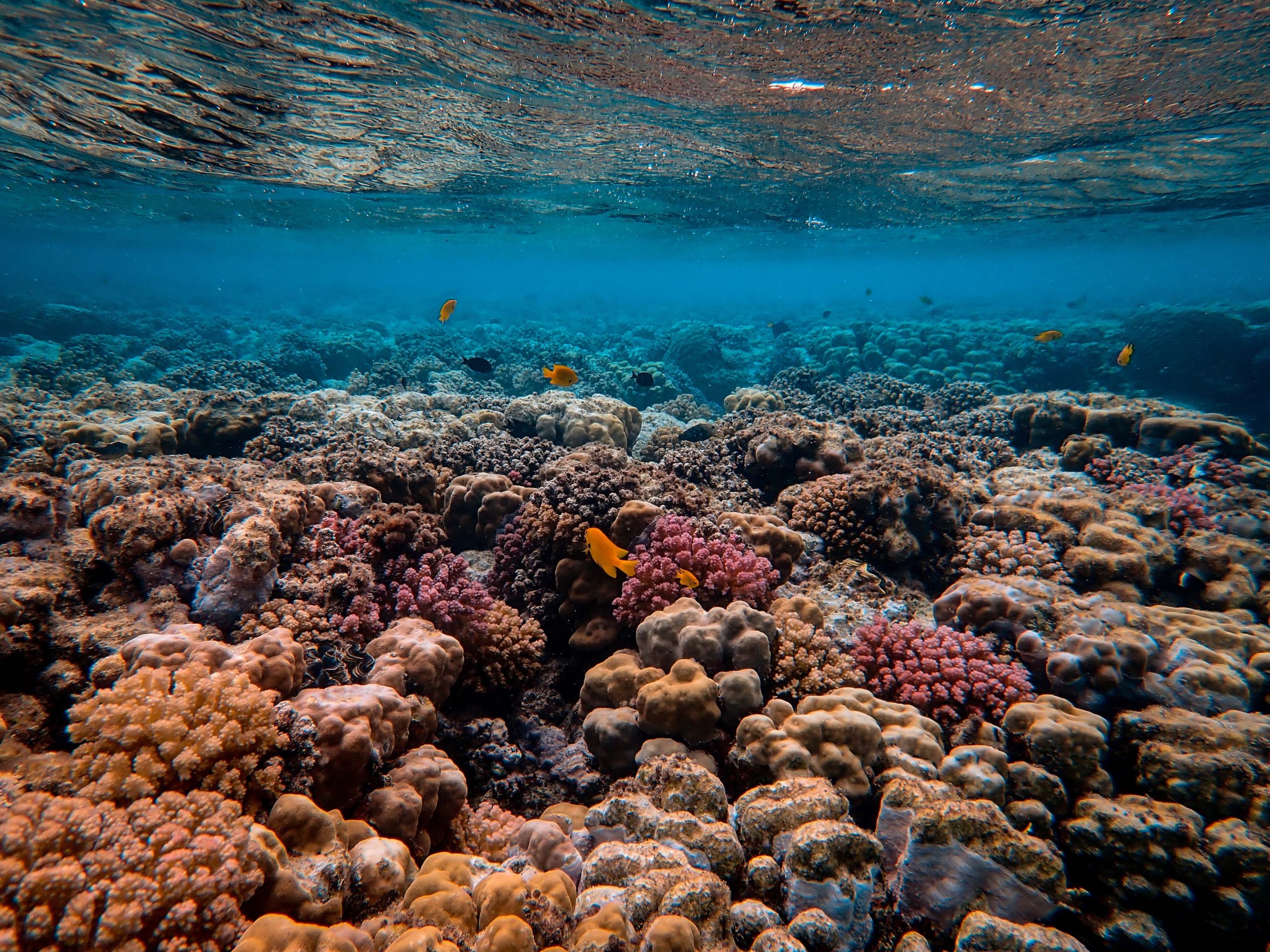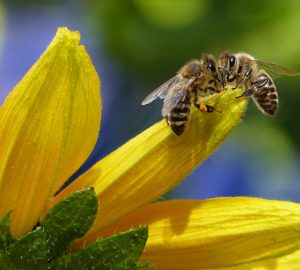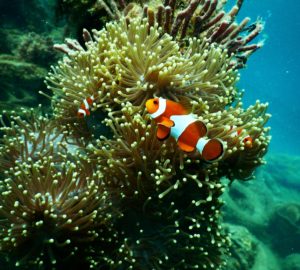World Reef Awareness Day: How You Can Make a Difference to Save the Coral Reefs
June 1st is a busy day of the year.
In addition to the beginning of Pride month and National Go Barefoot Day, June 1st is important for the Earth’s richest home of biodiversity: coral reefs. World Reef Awareness Day is a fairly new holiday designed to educate people about the importance of coral reefs and what we can do to help them.
Reefs are under attack by a number of factors in recent years including, pollution, destructive fishing practices, and rising acidity levels. But the greatest threat is (of course) climate change. As the planet warms, the reef’s fragile ecosystems collapse through a nasty process known as coral bleaching.
It’s estimated that half of all coral reefs have disappeared since 1950, so the crisis is moving quickly and needs our intervention to stop it. The good news is, we can all do our part to make a difference!
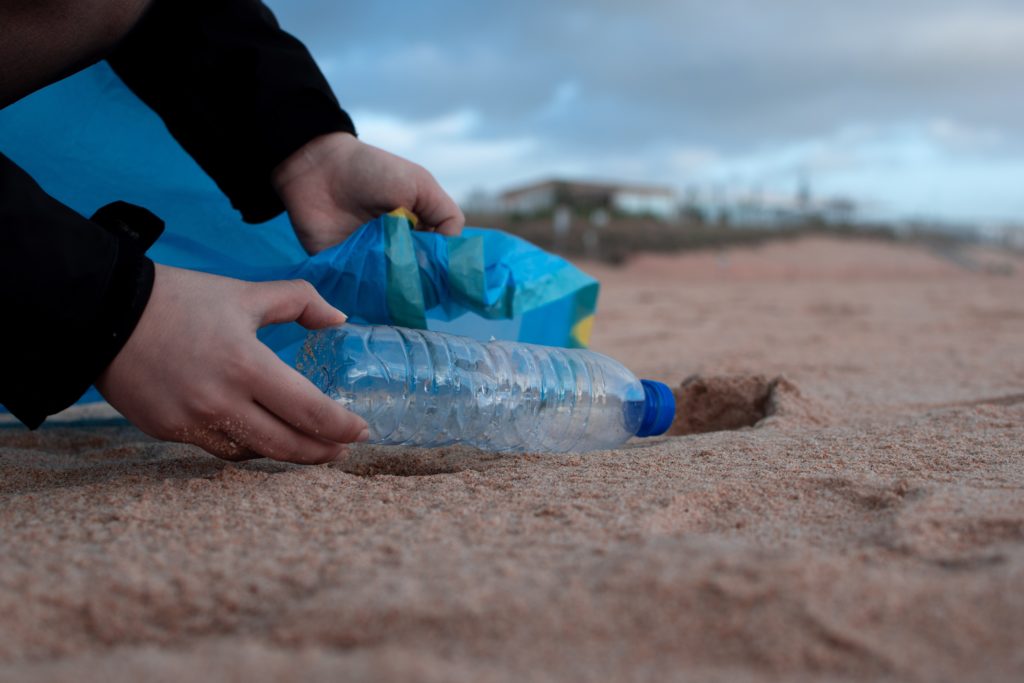
Volunteer
While legislation is slowly catching on to the problems facing reefs, it isn’t quick enough to solve those threats today. That’s where you can take direct action.
If you live near a coast, go to a beach (or even reef) cleanup! Reefs are closer to humans than a lot of ocean habitats, so they take the brunt of all the trash that flows into the sea. Picking up the litter, especially plastic, that would otherwise get caught in the reef is a great way to help.
If you don’t leave on the beach, however, there’s still plenty you can do.
All water eventually flows into the ocean, so cleaning your community’s watershed is an excellent start. You can protect your watershed (the drainage basin all the water in your community flows to) by cleaning up the physical basin if it’s above ground, as well as keeping the worst chemicals out of it.
That means using less fertilizer (which we’ll discuss below), conserving your water use, and advocating for better stormwater reduction at the local level. Get involved with your local city council to ask for permeable sidewalks and other green infrastructure initiatives.
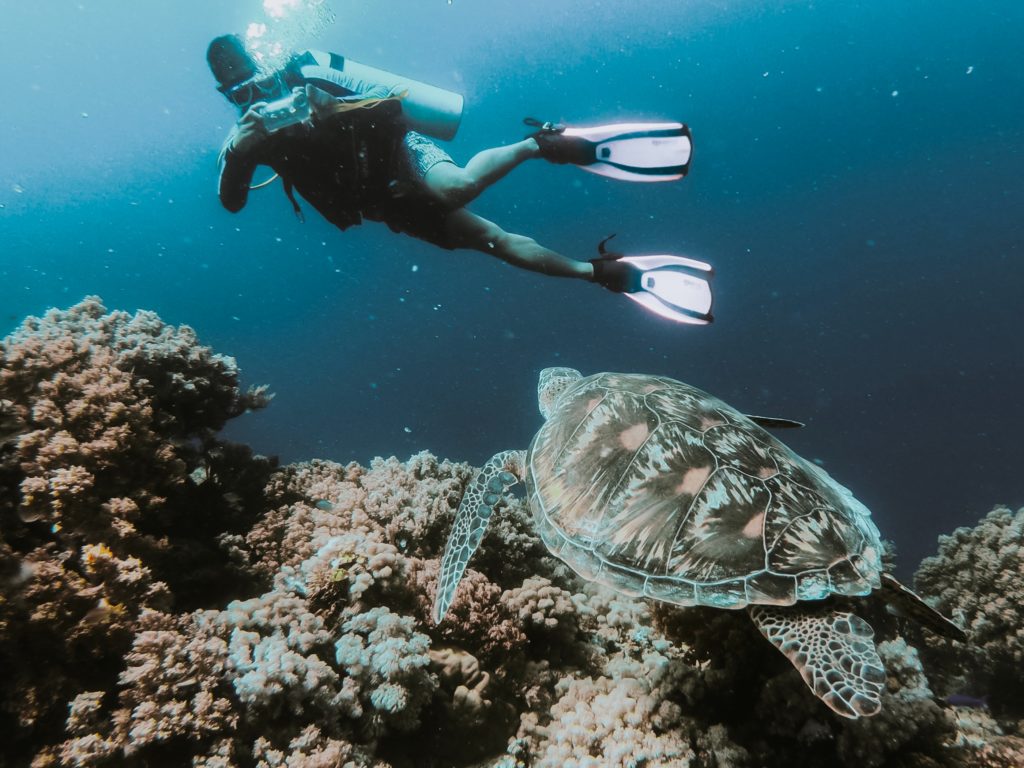
Leave them alone
This one might seem like a no-brainer, but it still needs to be said: don’t touch the coral or bring it home.
That means if you’re fishing or just having a fun cruise around the marina, make sure you know where the reefs are and avoid them. Dropping anchor on an already threatened landscape can be devastating.
Divers don’t have as heavy an impact on coral reefs, but there’s still plenty you can do as a diver to be respectful of the habitat. When divers touch coral, it can damage the infrastructure as well as leave behind a smell unfamiliar to the aquatic inhabitants that causes them to flee.
If you stay land-bound, you can help by not purchasing coral to use as décor or to give as gifts. Taking the demand out of the coral industry will help deter further “excavating” divers. Coral is beautiful, but only underwater!
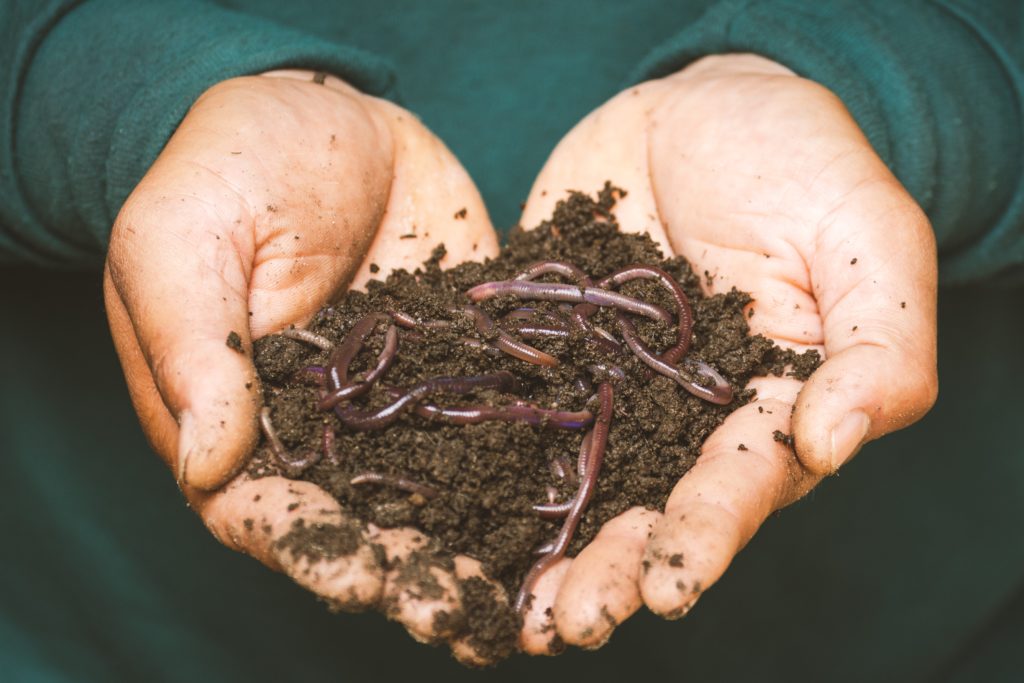
Use less fertilizer
This might seem like an odd addition to the list considering it goes on your lawn rather than down your drain, but it has to do with your watershed.
Most fertilizers are incredibly rich in nitrogen and phosphorus to speed up plant growth in your garden. Unfortunately, once your plants use up the nutrients, rain flushes all the excess into the watershed, then into the ocean.
Once there, the chemicals force harmful algae to bloom throughout the reef, depleting the oxygen available to coral. And after the algae blooms, the coral bleaches.
If you still want to punch up your garden without using fertilizer, try composting! Composting breaks down food scraps and incorporates it into a soil-like mixture perfect for your garden. The compost is still rich in nitrogen and phosphorus, but the compounds are much easier to break down for plants and use pre-existing nitrogen and phosphorus from your food, rather than piling in more from an outside source.
As a bonus, it’s also the best way to reduce food waste!
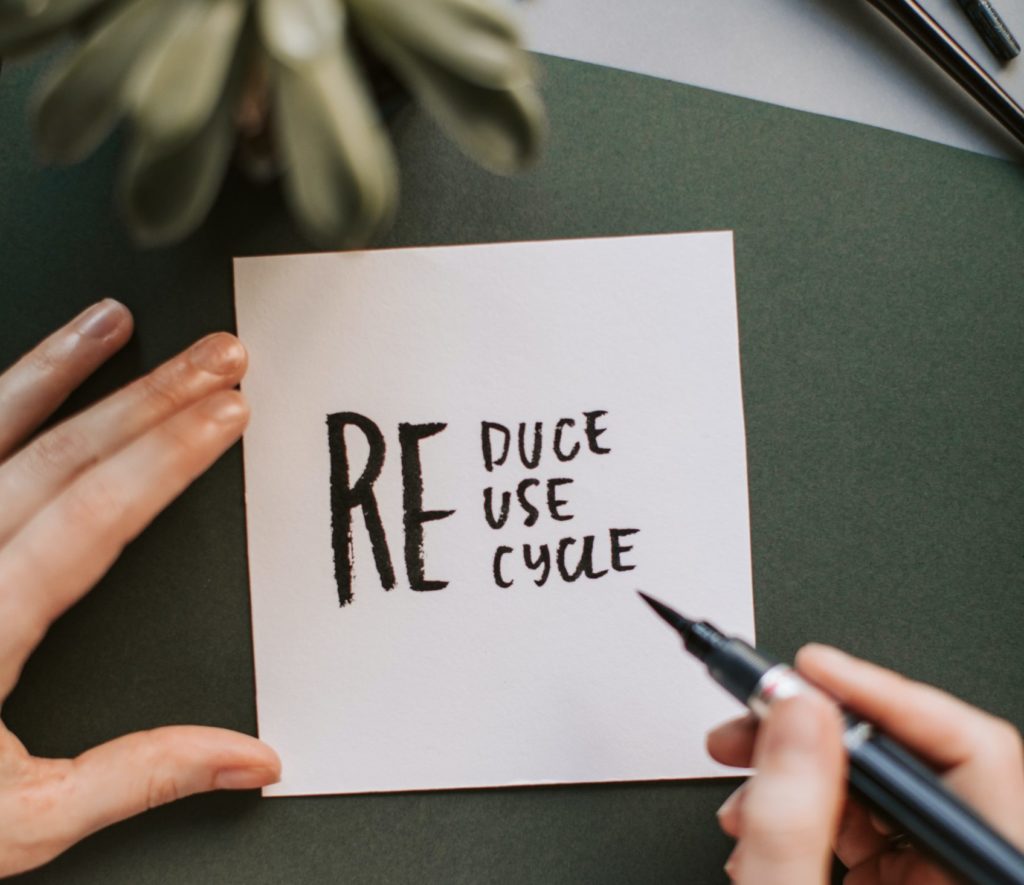
Reduce, Reuse, Recycle
The first lesson you probably learned as a child about helping the environment is just as applicable here as it is anywhere else.
Our trash is one of the biggest polluters in the ocean. It isn’t just big companies dumping our garbage, but it’s also the amount of trash we produce. The king among that trash is plastic.
Single-use plastics are the worst products individual consumers use and they are everywhere. It’s nearly impossible to avoid them, so the best thing we can do until the packaging industry is regulated is the three R’s.
Learn what plastics your local recycling agency will accept and what those little numbers on recycle symbol actually mean. For those plastics that can’t be recycled, there are a few ways to deal with them, but our favorite is eco-bricking.
Eco-bricking is tightly packing all your single-use plastics into a larger container (i.e., a brick) and using that container for something else. People create raised flower beds out of them as well as a million other uses, but the biggest benefit is that none of those plastics are going into the ocean. Minimizing your own footprint is the best course of action until we can finally kick plastic to the (metaphorical) curb.
Our world’s reefs are some of the most diverse and beautiful habitats we have, so let’s all come together to keep them safe and healthy! Even the smallest changes in our daily habits can make a huge difference for our planet. And if you want to show the world that you’re on board with saving our ocean habitats, you can rock some of our ocean styles!
Looking to make even more of a difference? Wholesome Culture has plenty of advice for living sustainably. Check it out!

